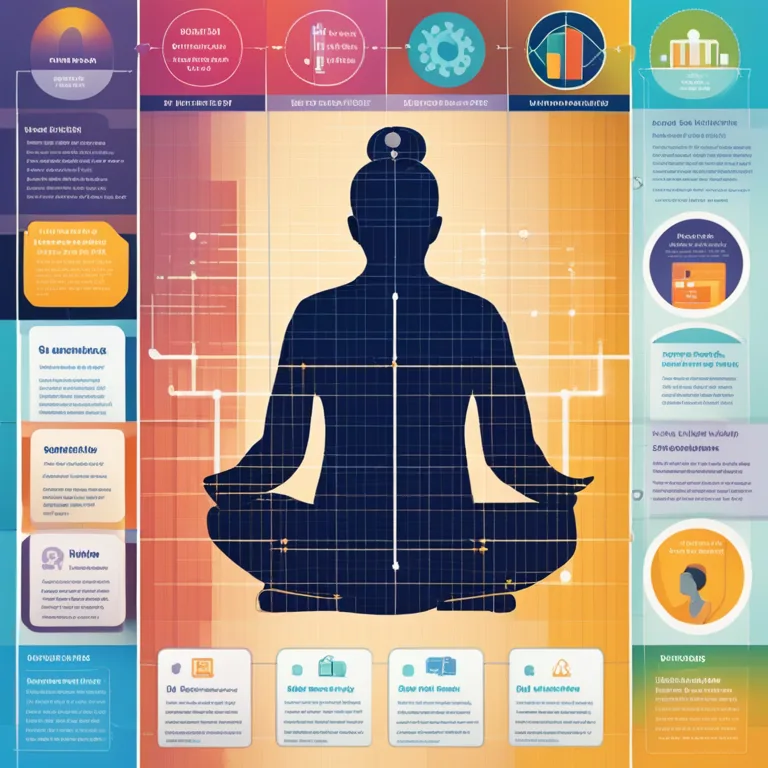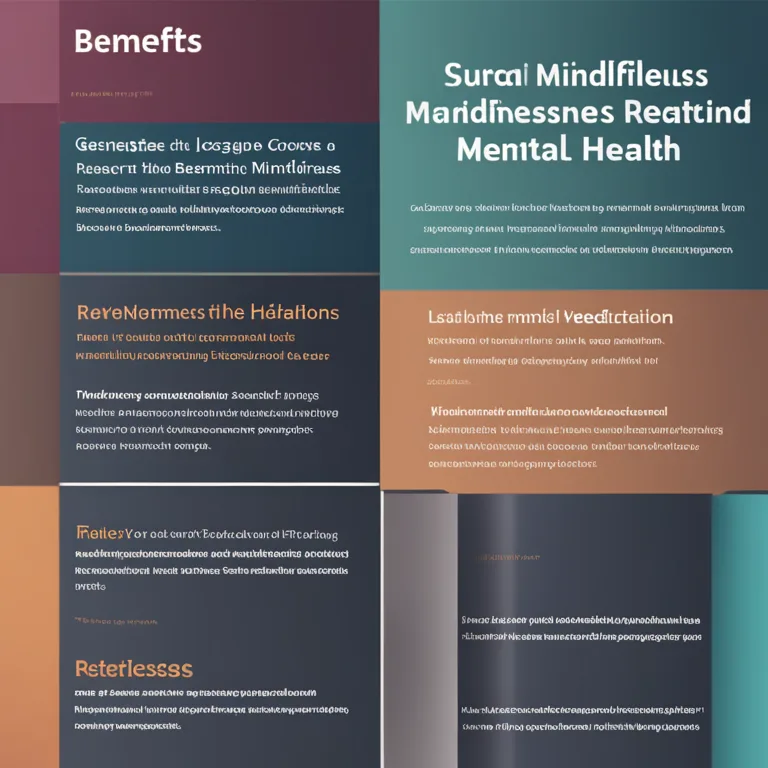
Mindful Respite for Healthcare Workers Uncovered
Discover how mindfulness meditation can provide essential stress relief and well-being enhancement for healthcare professionals.
article by Hina Kurosawa
The Need for Mindfulness in Healthcare
In an industry as demanding as healthcare, professionals continually face stressors that can compromise their well-being and performance. Mindfulness meditation offers a tailored solution, functioning as a pivotal tool for managing stress, enhancing focus, and promoting emotional balance. Acknowledging the pressures of the modern healthcare environment, this article delves into the integration of mindfulness practices into the daily lives of those who care for others.

Understanding Mindfulness Meditation
Mindfulness meditation is a practice that involves paying deliberate, non-judgmental attention to the present moment. Its roots can be traced back to ancient traditions, but in 2024 and beyond, it is considered a scientifically backed approach to improve mental health. Research indicates that engaging in mindfulness can significantly reduce symptoms of anxiety, depression, and burnout, which are prevalent concerns among healthcare workers.

The Science Behind the Practice
Recent studies have illuminated the neural pathways through which mindfulness meditation exerts its beneficial effects. Regular practice can alter the structure and function of the brain, leading to increased gray matter density in regions associated with self-awareness, empathy, and stress regulation. These neurological changes can underpin improved resilience and emotional stability, which are particularly beneficial for those in high-pressure medical settings.

Incorporating Mindfulness into Routine
Integrating mindfulness meditation into the daily routine of healthcare professionals doesn't require extensive time commitments. Short, consistent practices, such as 10-minute sessions during breaks or before shifts, can lead to meaningful benefits. Digital platforms offer guided sessions tailored to the time-constrained schedules of medical practitioners, facilitating a more accessible approach to mindfulness training.

Addressing Common Challenges
Healthcare workers may initially face obstacles in adopting mindfulness practices, such as skepticism or a perceived lack of time. Addressing these barriers involves educating on the evidence-based benefits of mindfulness and demonstrating its positive effects on patient care. Moreover, institutions can foster a culture that values self-care by providing resources and dedicated time for mindfulness activities.
Empirical Evidence and Future Directions
Empirical evidence supports the promise of mindfulness meditation for enhancing healthcare outcomes. As the healthcare system evolves, there is an increasing recognition of the need for holistic approaches to worker well-being. Policy changes that prioritize mental health resources, such as mindfulness programs, have begun to emerge, reflecting a deeper understanding of their critical role in healthcare.
Published: 1/8/2024
Modified: 1/8/2024
More predictions
Come back here soon to learn more about yourself and your future


Meditation Basics: Tips for Inner Peace and Focus
Discover practical meditation tips and techniques to foster inner peace and enhance focus in your daily life.


Rare Meditation Practices for Mindful Discovery
Delve into the realm of rare meditation practices that offer unique pathways to tranquility and self-awareness.


Harmonize Your Spirit: Energy Meditation Techniques
Discover the serene world of energy meditation to harmonize the spirit, balance the chakras, and foster inner peace in our modern lives.